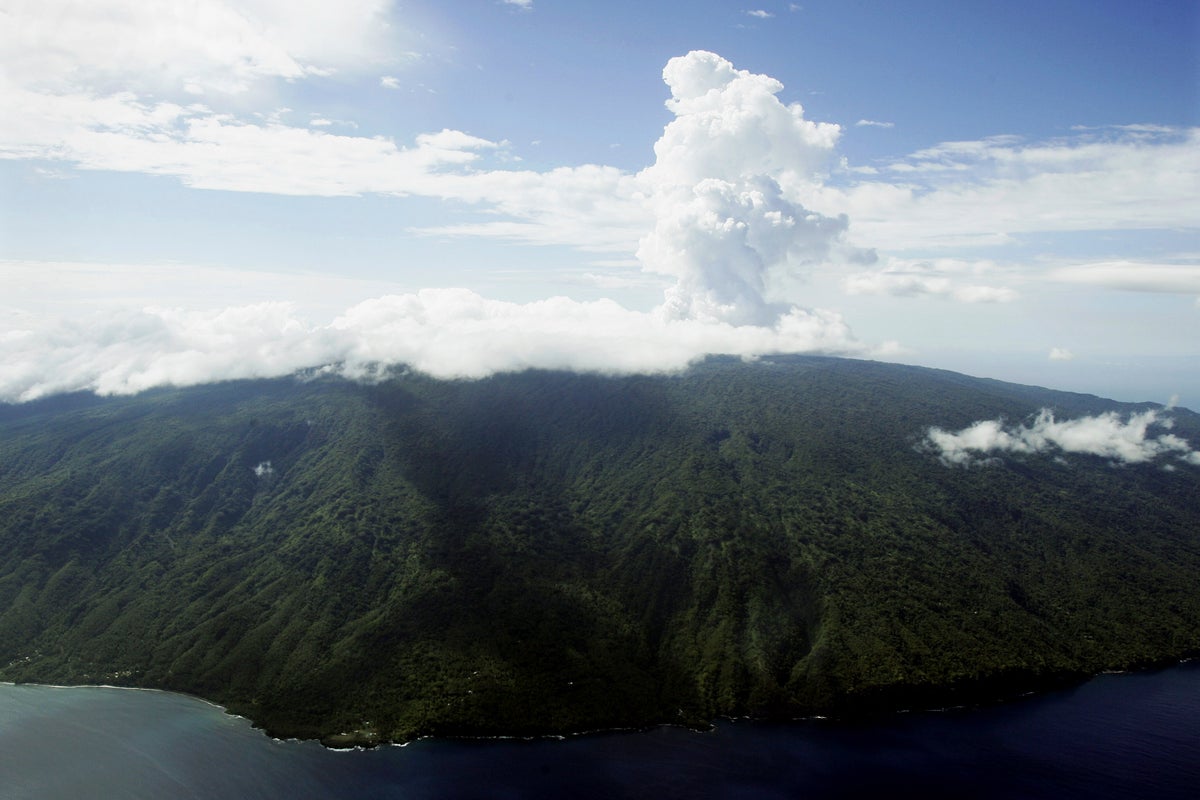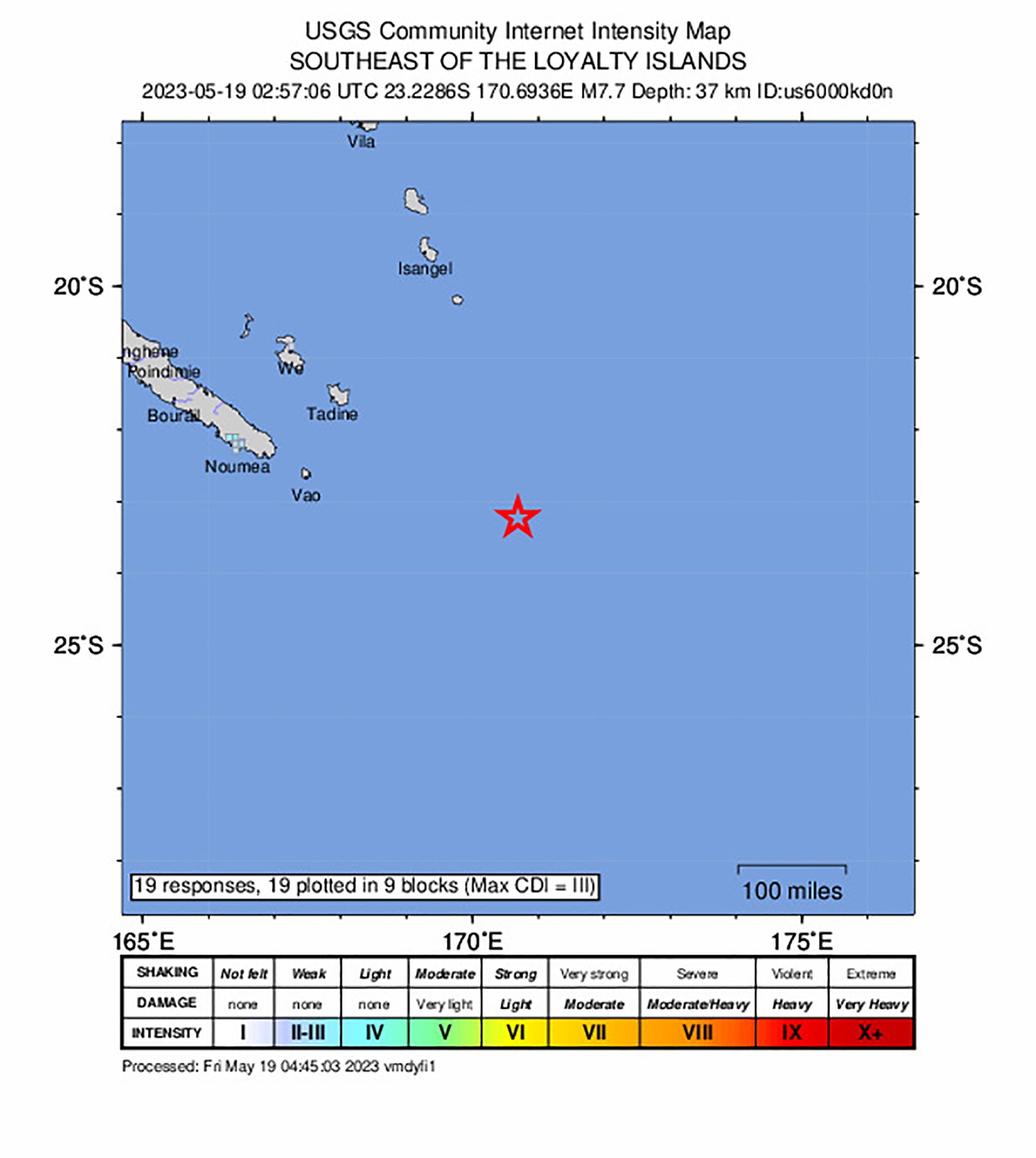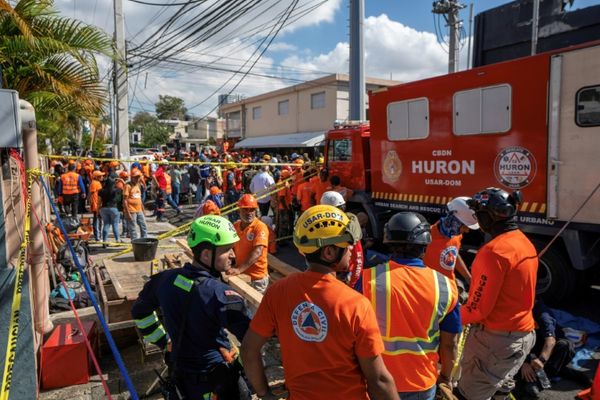
A magnitude-7.7 earthquake has hit the South Pacific east of Australia, leading to brief tsunami warnings for Vanuatu, Fiji, New Zealand, New Caledonia and Kiribati.
The earthquake struck near the Loyalty Islands at a depth of about 38 km (24 miles), according to the United States Geological Survey (USGS).
A warning of tsunami waves of up to 1m (3ft) was issued for Vanuatu. This was revised down much lower than an initial forecast, from the Pacific Tsunami Warning Center, which had said 3m waves could hit the island nation.
It said “hazardous tsunami waves” were possible on all coasts within 1,000km of the epicentre, with the potential for small waves hitting Fiji, New Caledonia, Kiribati and New Zealand.
About three hours after the earthquake struck, the US Tsunami Warning Center announced there was no longer a threat.
“Based on all available data, the tsunami threat from this earthquake has now passed,” the centre said.
The initial tsunami warning prompted authorities in New Caledonia to order the evacuation of coastal areas on Friday, a government official said, according to AFP, with at least one beach evacuated.
The seismic activity triggered warning sirens and people were ordered to immediately leave areas near the island’s coastline, Colonel Marchi Leccia, a security official, told a local radio station.

Small tsunami waves were observed in Vanuatu shortly after the warnings were issued, the Pacific Tsunami Warning Center said.
Tsunami waves less than 0.5m (1.5ft) were measured off Lenakel, a port town in the island nation, while smaller waves were measured elsewhere off Vanuatu and off New Caledonia.
New Zealand’s National Emergency Management Agency (NEMA) said it was still assessing the potential for a tsunami.
Its civil defence agency issued an advisory stating that New Zealand’s coastal communities could experience “strong and unusual currents and unpredictable” surges at the shore.
The NEMA said the first tsunami activity could reach New Zealand’s shores by 5pm local time in the areas around North Cape. It warned people against wandering in the water, off beaches and shores.
“People on boats, liveboards and at marinas should leave their boats/vessels and move onto shore. Do not return to boats unless instructed by officials,’ NEMA said.
The epicentre of the powerful earthquake was southwest of Fiji, north of New Zealand and east of Australia where the Coral Sea meets the Pacific.
Australia’s Bureau of Metrology has issued a marine tsunami warning for Lord Howe Island, which lies between New Zealand and Australia and is part of the Australian state of New South Wales.
“For the marine environment of Lord Howe Island, there is the possibility of dangerous rips, waves, and strong ocean currents, as well as some localised overflow onto the immediate foreshore,” the Bureau of Metrology said.
“These conditions are expected to commence after 4.15 pm (local time) on Friday and persist for several hours. It is important to exercise caution and be aware of these potential hazards if you plan to engage in any activities in the marine environment during that time.”
Hawaii’s Emergency Management Agency said no tsunami threat to Hawaii is expected from the quake yet.







